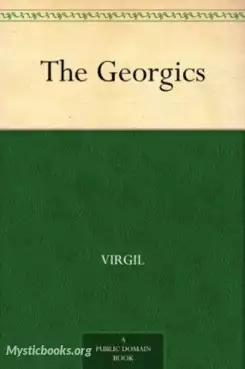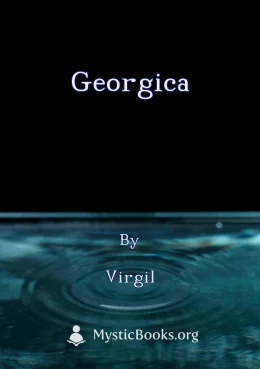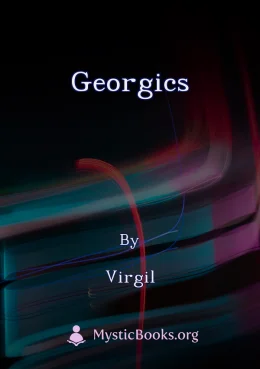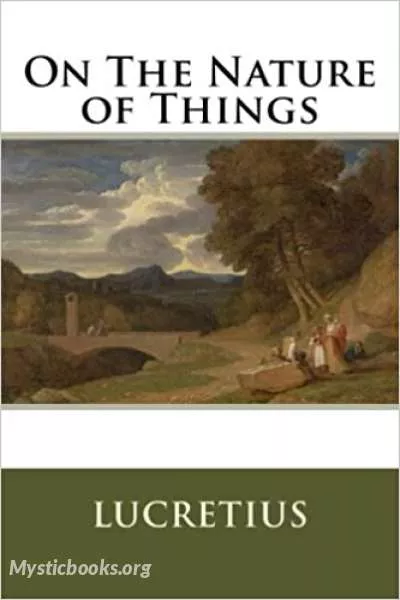
On the Nature of Things
by Lucretius
'On the Nature of Things' Summary
On the Nature of Things, written in the first century BCE by Titus Lucretius Carus, is one of the principle expositions on Epicurean philosophy and science to have survived from antiquity. Far from being a dry treatise on the many topics it covers, the original Latin version (entitled De Rerum Natura) was written in the form of an extended poem in hexameter, with a beauty of style that was admired and emulated by his successors, including Ovid and Cicero. The version read here is an English verse translation written by William Ellery Leonard. Although Leonard penned his version in the early twentieth century, he chose to adhere to both the vocabulary and meter (alternating between pentameter and hexameter) of Elizabethan-era poetry.
While the six untitled books that comprise On the Nature of Things delve into a broad range of subjects, including the physical nature of the universe, the workings of the human mind and body, and the natural history of the Earth, Lucretius repeatedly asserts throughout the work that his chief purpose is to provide the reader with a means to escape the "darkness of the mind" imposed by superstition and ignorance. To this end he offers us his enlightening verses, that through them might be revealed to us "nature's aspect, and her laws".
Book Details
Authors
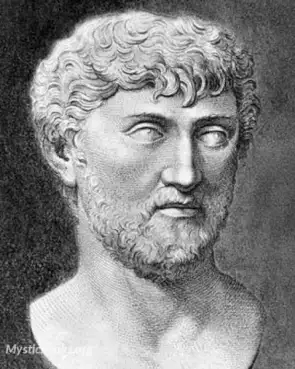
Lucretius
Italy
Titus Lucretius Carus was a Roman poet and philosopher. His only known work is the philosophical poem De rerum natura, a didactic work about the tenets and philosophy of Epicureanism, and which usuall...
Books by LucretiusDownload eBooks
Listen/Download Audiobook
- Select Speed
Related books

Flower-Patch Among the Hills by Flora Klickmann
Tucked away in the hills of the Wye Valley, there is a little flower-patch where anything is possible. "Flower-Patch Among the Hills" is a collectio...

Selected Poems by Currer, Ellis and Acton Bell by Anne Brontë
Currer Bell is Charlotte, Ellis Bell is Emily, and Acton Bell is Anne. Tragically, the free kindle volume doesn’t list who wrote each individual poem,...
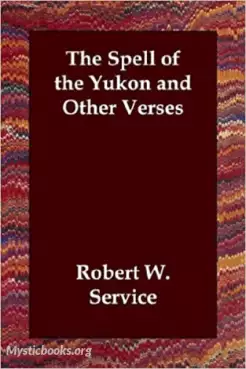
The Spell of the Yukon and Other Verses by Robert W. Service
Known as the Bard of the Yukon and as a people's poet, Robert Service immortalized his experience with the Yukon and its gold rush and this collection...

Aladdin, Or, The Wonderful Lamp (A Dramatic Poem, in Two Parts) by Adam Oehlenschläger
It is a retelling of the classic tale of Aladdin and his magical lamp, which has captured the imagination of readers for generations. The book was fi...

The Iliad of Homer, Rendered into English Blank Verse by Homer
The Iliad is an ancient Greek epic poem in dactylic hexameter, traditionally attributed to Homer. Usually considered to have been written down circa t...

Rover Vol. 01 No. 20 by Lawrence Labree
The Rover was a weekly magazine published in the United States from 1843 to 1848. It featured a mix of original and selected short stories, poems, and...

Sappho: A New Rendering by Sappho
"Sappho: A New Rendering" is a book that contains a new translation of the poetry of Sappho, the ancient Greek poet who lived on the island of Lesbos...
Reviews for On the Nature of Things
No reviews posted or approved, yet...
